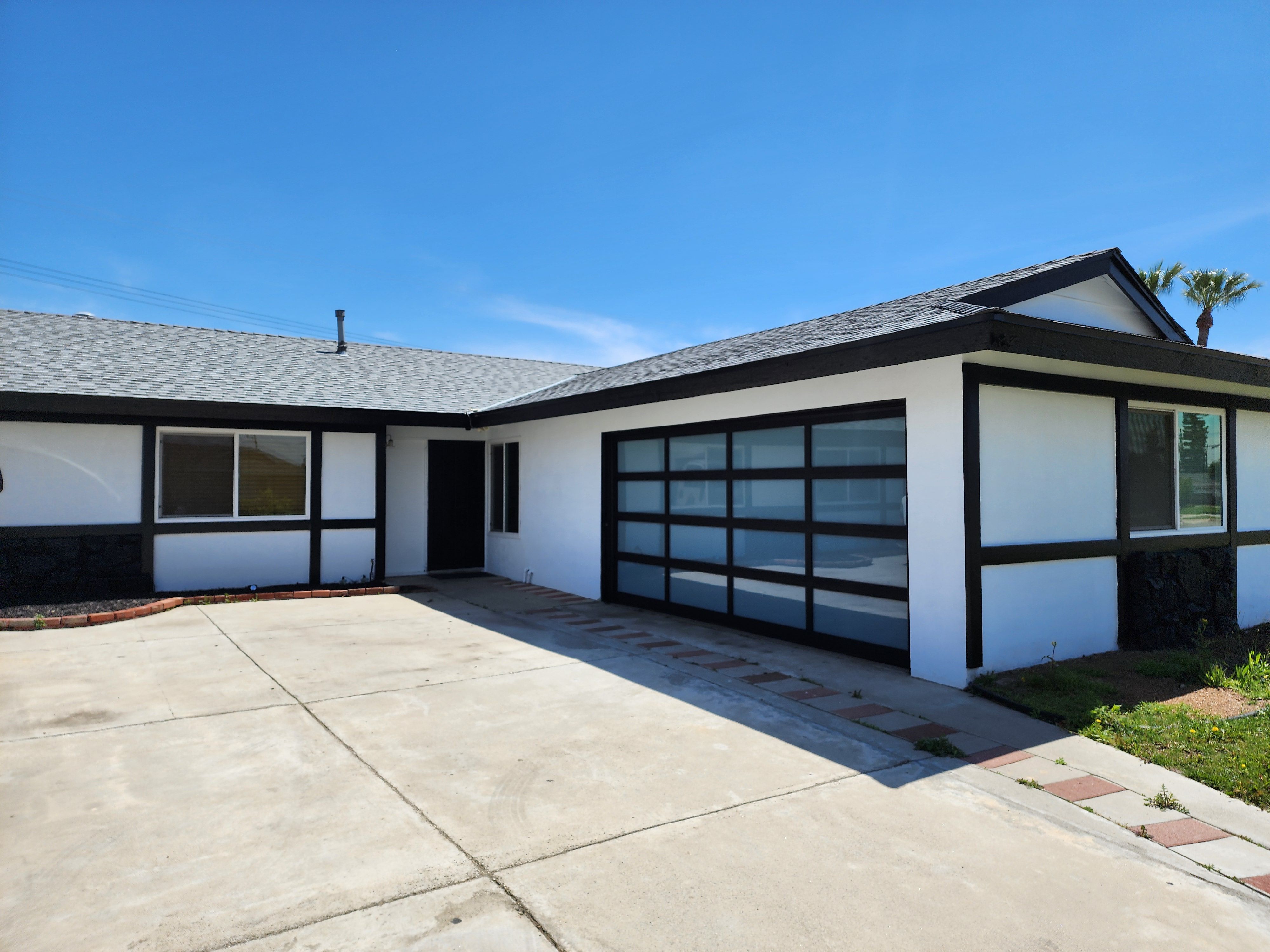January 12, 2024
7 Checks Every Roofing Contractor Should Not Miss
Here are 7 checks every roofing contractor should make part of his roof inspection. Home projects can be very exciting! There’s nothing like giving your home a facelift or using the repairs you have to do as an opportunity to get your home looking beautiful.
But finding the right roofing company to repair or replace your roof can be half the stress: the wrong roofer can end up costing you more money than you signed up for, and a simple one-week process can turn into weeks of hassle.
The great news is that there’s a lot you can do on your own to make sure you’re in the clear. Some due diligence on your part can make all the difference. So how do you select a roofing contractor?
Checks Every Roofing Contractor Should Pass
- Roofing certifications
Roofing certifications are given for to contractors who pass the requirements to be factory-certified. GAF only allows 2% of roofing contractors in a market to get their top-tier Master Elite® recognition. Going for a Master Elite® contractor means you can rest assured that your roof is in safe hands and that the contractor will most likely pass all of the below checks in a very smooth manner.
- Local experience
Local experience means your roofer has done work in the area and is familiar with the weather challenges that you might experience. This will allow them to recommend the best options for roofing material and take extra care while installing your roof.
For example, windy areas can leak moisture underneath the roof and lead to mildew, and humid conditions can invite algae and mildew on asphalt shingles, so they would require treatment in advance. The more experienced in your area your roofer is, the more they’ll know what to look for and the more they’ll be able to help you.
Local presence also means your roofing contractor is available for emergency support; you don’t want to have to wait for days or spend the same amount of time looking for a contractor and end up with a bad deal.
- License and insurance
While there are no national licensing requirements for roofing contractors, most states will require a license as a roofing or building contractor to operate. But there are still many unlicensed contractors that get roofing projects. If a contractor license is a state requirement, make sure you ask for a copy of the license and verify it online through your state’s License Board.
The other thing you want to look for and potentially verify is insurance. Above all else, insurance protects you and your investments in case a roofing contractor sustains an injury while working on your roof. You should ask for copies of workers’ compensation and liability insurance certificates. You can check these with the insurance companies and the workers’ compensation boards in your state.
- Warranties
For material warranties, look for 2 things: 1. Make sure the contractor are the ones who are doing the installation and that they’re not subcontracting without your knowledge. Some manufacturers void their warranty if this is the case. 2. Check to see if your contractor is a licensed installer of the roofing material manufacturer, which can be a requirement for a valid warranty.
The other warranty you want to look for is workmanship warranty. Your best bet is to go with a GAF Master Elite® Contractor, which can offer the best warranty in the market, the Golden Pledge® Warranty.
Even if you don’t go for the top tier warranty, you should check for workmanship warranty that lasts at least 10 years, and that the roofer has a long-standing presence in the market. Roofing is a high-turnover industry, and many roofers do not make it past 5 years, at which point the warranty cannot do you any service.
- All details in Writing
Your roofing contractor should share everything that has to do with your roof installation or repair in writing. This would include the scope of the job, the duration, daily start and end time, roofing materials, payments and payment schedules, and project closure and clean-up.
A good contractor will always walk you through the contract and any fine print that you should look out for. A good roof buys you peace of mind for years to come, so make sure you’re not left confused about anything you’re signing up for.
For payments and payment schedules, also make sure that you’re comfortable with the final agreement you reach – established contractors don’t always require a deposit, but in all cases this should never exceed about one third (1/3) of the total costs. If you have homeowner’s insurance, then the maximum you would pay is your insurance deductible.
- Follow-up support
While well-installed roofs should last a long time, it’s always good to plan ahead. Make sure the warranty that you’re offered includes follow-up support and understand any terms and conditions that come with it.
Even though many contractors don’t include a warranty against workmanship errors, it’s best to go the extra mile and work with one who does to hedge against any future issues in your roof.
- Reference and Experience
Don’t just ask your roofer for references, actually call them and understand how well the roofer did. This is your home and your investment, so make sure you take the time to understand how the roofer operates, how well they communicate, what things you might have overlooked and whether you can count on them in the future or not.
- Honest advice and communication
Your roof can affect the resale value of your home. It can also be either a source of worry or of peace of mind, and good roofers know that. Make sure your contractor communicates openly and honestly, and follows through on the promises they give you, from checking on potential prices to sharing a document. Also look to see that they’re patient with you and are more than happy to give you honest advice (and not the most expensive) that meets your budget and tastes.
Related Posts:
Trusted by some of the biggest names in the business!














